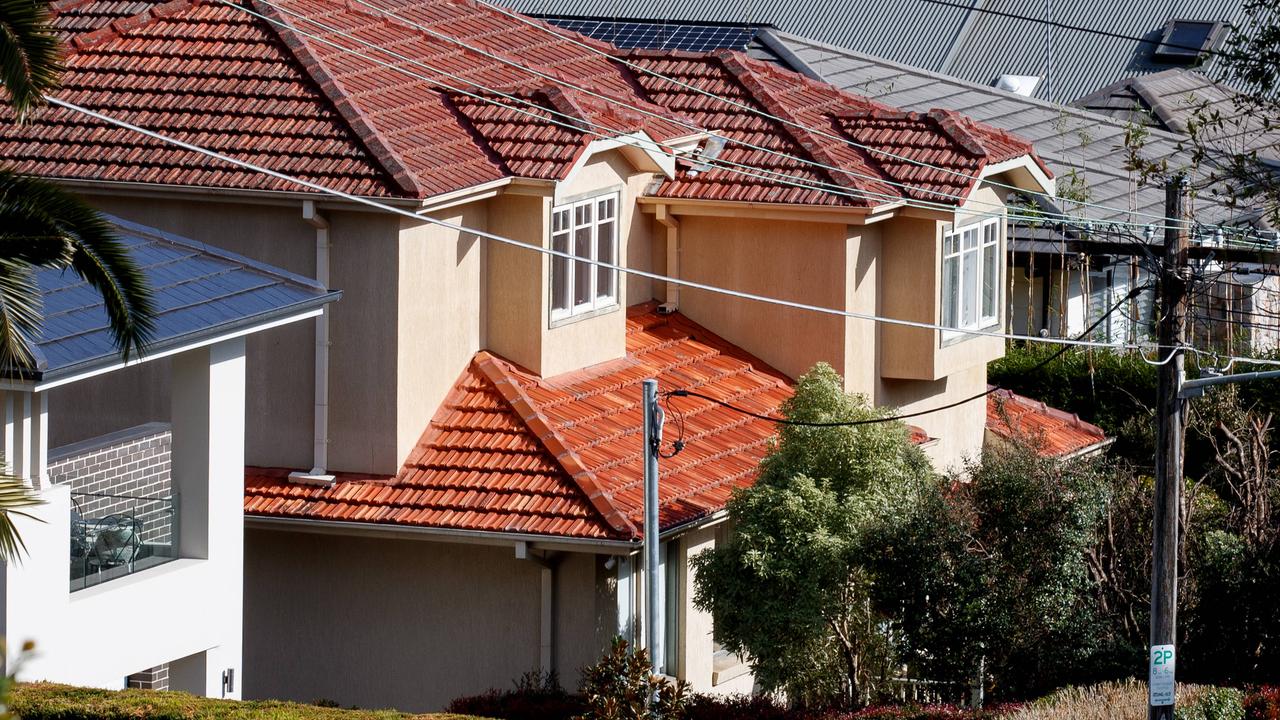Australia’s worsening rental crisis is forcing women to stay in violent relationships, leaving them in a state of “perpetual crisis”, a senate inquiry has heard.
Frontline workers and domestic violence advocates spoke in a hearing in Sydney on Thursday and pleaded for the government to increase rental assistance.
Law Reform Officer at Economic Justice Australia Linda Forbes said more women are being lured back into dangerous situations because they can’t find any other alternative.
“People are desperate to keep a roof over their head, especially people with disabilities and (those) who have children,” Ms Forbes said.
“Private renters who are also reliant on social security payments are stuck in a state of perpetual crisis.”
The shocking evidence came after ABS data released on Wednesday showed women are far more likely to be assaulted inside of their homes than anywhere else.
Head of NSW Legal Aid Domestic Violence Unit Hannah Baltins said the situation was “particularly acute” for women in regional and rural areas.
“We are seeing clients who may stay in violent homes because they don’t have anywhere to go or because moving would severely disrupt their employment or their children’s education,” Ms Baltins said.
“It’s also an issue for Aboriginal families, and overcrowding in housing, and families being forced into insufficient or inappropriate housing.”
The Senate also heard harrowing stories from Sydneysiders about their experiences living in mould ridden houses under threat of eviction.
Amity, a mother-of-one, said she lives in “constant fear” of being kicked out by her landlord at any time.
“My 11-year-old has already moved five times,” she told the Senate committee.
“The psychological impacts are huge.”
A 54-year-old who described herself as a “lifetime renter” said she had nowhere to go after being told she had to leave her home in November.
She said she has been discriminated against by landlords for using a wheelchair because they think she will “scratch their walls”.
Professor Alan Morris from the University of Technology Sydney said a key factor behind a limited supply of affordable rentals was that the voices of the people impacted were not being heard.
An interim report on the housing crisis will be handed to national cabinet in September, with a final report due in November.
